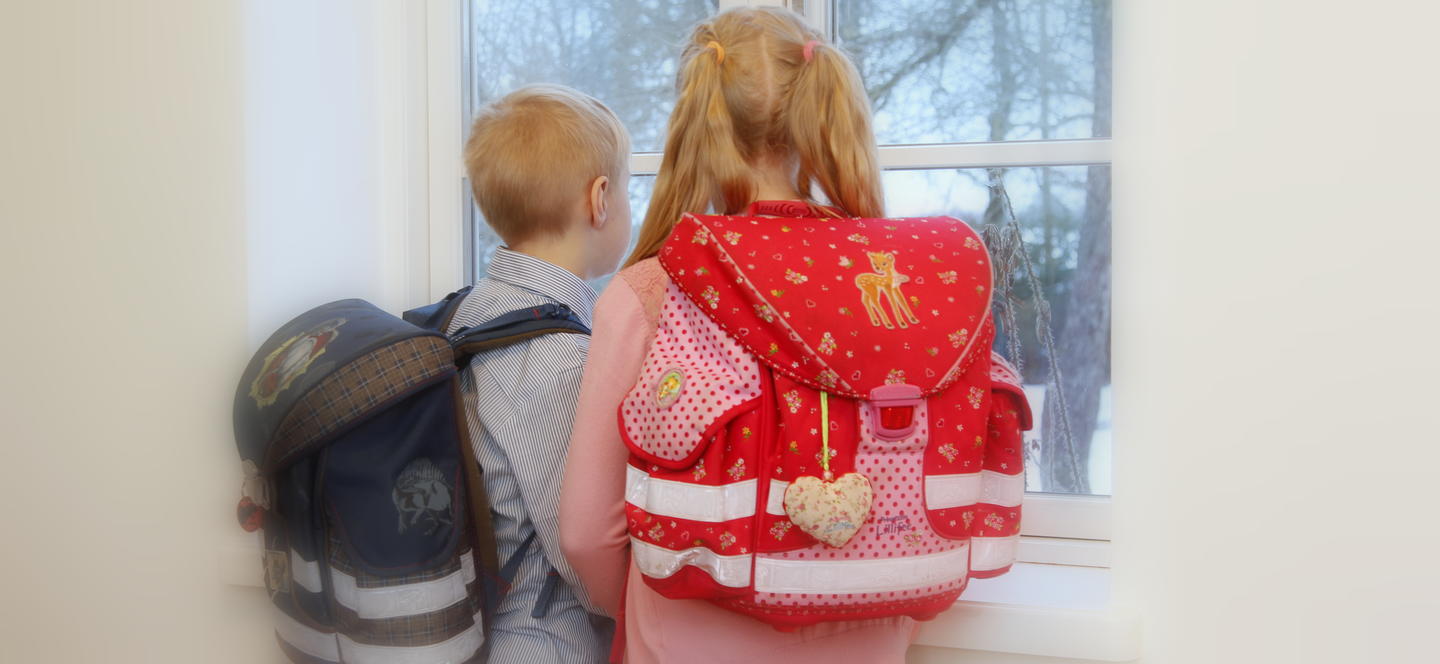The ‘Integrating gender into teacher education and training’ project aims to gather information on how students and teachers perceive gender roles. The main concern is whether there exists different expectations to children based on their assigned gender, and whether these, should such differences exist, influence behaviour and performance. With these concerns in mind, the project is seeking to mainstream gender issues across all aspects and areas of teacher education in Estonia.
There is a need for improved statistics in the field, as well as common framework on how to tackle issues related to gender equality. The project is thus aiming to map attitudes through surveys, raise gender awareness in schools and among teachers, and develop guidelines on how to include gender aspects in education and training. With about €191 000 in support from Norway through the Estonian ‘Mainstreaming gender equality and promoting work-life balance’ programme, the project is implemented by the Estonian Women's Association Roundtable.
Gender perspectives
Donor project partner is the Norwegian Centre for gender equality (KUN). The Norwegian partner has supported the project promoter with knowledge, experience and best practices, and contributed to the establishment of a network comprising key actors, institutions and organisations who all work to promote gender equality. In 2014, KUN organised a study trip to Norway for the project promoters with involvement from Norwegian institutions and offices. The aim of the trip was to introduce the Estonian project promoters to Norwegian practice on gender equality issues in schools and other institutions. The Centre for Equality in Hamar helped with the organisation of the trip.
"The study trip was very successful. The Estonian project promoters were particularly interested in how we systematically integrate gender perspectives in businesses and public offices, aiming to improve the quality of services," says Acting Director of the Centre for Equality in Hamar, Goro Ree-Lindstad.
Gender roles in school
In 2014 and 2015, 649 students, 385 preschool teachers, 84 primary school teachers, and 21 vocational school teachers were asked about their experiences with, and attitudes towards, gender roles in school. The main findings of the survey were presented at the project opening conference on 5 Friday. The Norwegian Ambassador to Estonia, Mr. Dagfinn Sørli, attended the conference.
The survey revealed that fair treatment in school, regardless of gender, is important for both girls and boys. Both genders agreed that boys overall reap more benefits at school than girls. The students perceive that the teachers have different expectations for boys and girls, and they asserted that boys are met with lower requirements to perform well in school. Boys’ violent behaviour are often met with fewer consequences than girls’. These differences affect the children’s self-perception. Girls strive to perform better in school, even when they know that they are doing excellent. Boys, on the other hand, do not share these perfectionistic tendencies. The expectations of masculinity that boys are met with at school are strong, and is reflected by the fact that very few boys express emotions in school.
A surprising finding was that the students don’t necessarily find that gender affects the quality of the teaching. The majority of the students seem to believe that the most important thing is the teachers’ dedication to their subject.
Lack of male teacher students
Among the preschool leaders, the common notion seem to be that behavioural differences between the genders are rooted in biology. The majority of preschool teachers who participated in the survey agreed with this. However, younger preschool teachers with higher education challenge this notion, and believe that upbringing and family values better explain behavioural differences between boys and girls.
The teachers expressed concerns about the continued lack of male teacher students in vocational schools. They emphasised the need for higher salaries in order to attract more men to the profession.
The survey established that gender based stereotypes in the Estonian society limit educational choices and individuality in school. Teachers play a crucial role in changing these traditional gender roles. Estonian students did well on the PISA tests. That confirms that there is not necessarily a connection between gender equality and school performance. However, there is broad consensus among the teachers that gender equality should be a priority in school.
This story was reproduced courtesy of the Norwegian Embassy in Tallinn. It was originally published on the Embassy’s website (in Norwegian): http://www.norra.ee/Norsk/EOS-midlene/Likestilling-pa-timeplanen-i-estisk-skole1/#.Vt72V9KFNaR
